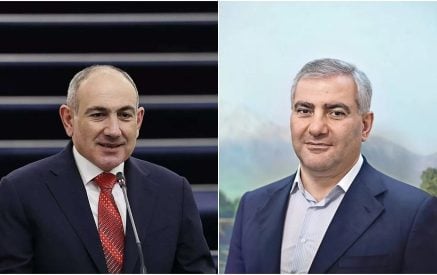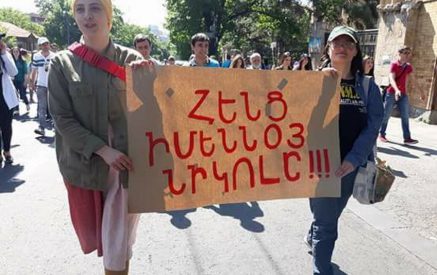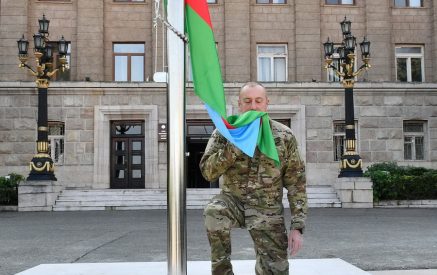A hammer can be a useful tool for tasks such as hammering nails or sculpting. However, when a hammer appears at a rally as a symbol of a particular political practice, it signifies only one thing: the citizens of the country are divided into two groups. One group wields the hammer (metaphorically speaking), and the other group is the target.
These groups can be labeled in various ways. On one side, you might have the “formers,” “robbers,” or “agents of Russia”, while on the other side, you have “the people” or “proud citizens.” The specific labels are not important; what matters are their roles. “Ours” are those armed with the hammer and a “steel mandate”, while “the others” are the ones against whom the hammer is used.
In 2021, for at least 680,000 people, the act of “hammering” was 100 times more interesting than the fate of 150,000 compatriots in trouble.
The Greek word “diabolos” consists of two parts: “dia,” meaning “through” or “in the middle,” which in this context implies division, and “ballain,” meaning to throw (hence the word “ballistics”).
Read also
What can overcome this division? Naturally, the cross as a symbol of love. Has the cross always played this role throughout history? Certainly not. People have also used the cross to harm others, both literally and figuratively. Today, the Russian Orthodox Church, under Patriarch Kirill, uses the cross to justify the criminal war waged by his country.
However, the true function of the cross is love, which is not merely an emotion but a human aspiration to be whole (dignified and integrative), first within oneself and then with the world. It is inner confidence and peace.
Pashinyan wants to open an “era of peace” by inciting division and mutual hatred within the country. This approach will not lead to peace. But Pashinyan cannot do otherwise, as his entire power is based on divisions. Specifically, he will never attempt to reconcile relations with the church. On the contrary, he will exacerbate them.
The response to this should be “asymmetric”, uniting the “collective power” of the Armenian people, including all citizens of Armenia (even Pashinyan’s supporters). Whether this movement or another will be able to heal the public atmosphere remains uncertain, but it is the path forward.
Aram Abrahamyan























































